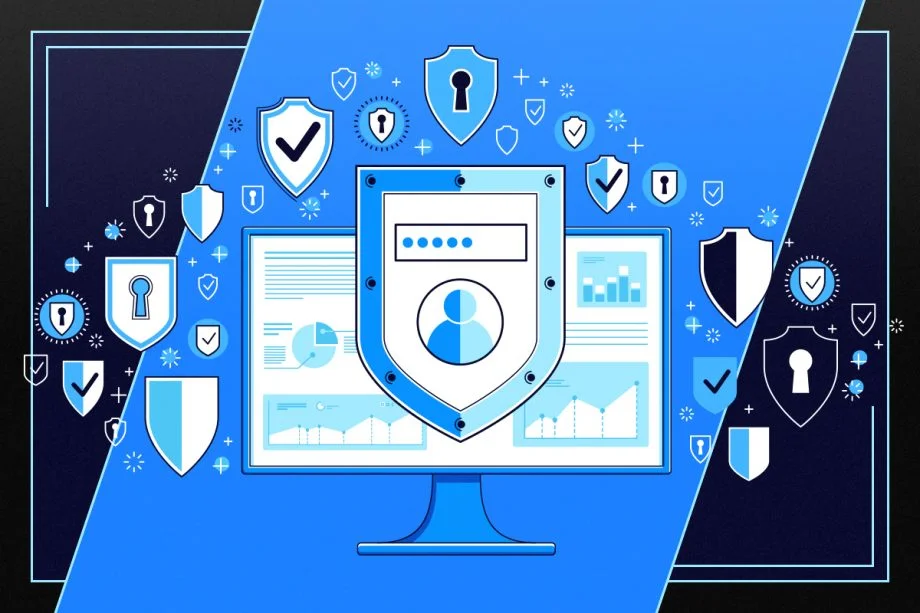Passwords are integral to our digital lives, granting access to a plethora of online accounts and services. Yet, the convenience of using the same passwords across multiple platforms poses a significant security risk. If one password is compromised in a data breach, hackers could potentially gain access to various accounts, including sensitive ones like bank accounts and email.
This vulnerability underscores the importance of using unique, complex passwords for each account. However, remembering numerous passwords can be challenging, if not impossible, for most individuals. This is where password managers come in handy. They offer a centralized solution for storing, generating, and managing passwords securely.

Password managers alleviate the burden of memorizing multiple passwords by storing them in an encrypted vault. This vault is protected by a master password, which serves as the key to access all stored passwords. By using a password manager, users can create strong, unique passwords for each account without the need to remember them individually.
In addition to password storage, many password managers offer features such as password generation, autofill, and synchronization across multiple devices. These features enhance convenience and streamline the login process, making it easier for users to maintain good password hygiene.
Despite the benefits of password managers, some users may express concerns about their safety. Storing all passwords in one place may seem counterintuitive from a security standpoint. However, reputable password managers employ robust encryption algorithms to protect user data. Additionally, they often implement security measures such as two-factor authentication and biometric authentication to further enhance protection.

When choosing a password manager, it’s essential to consider factors such as security, usability, and compatibility. Look for a password manager that uses strong encryption protocols and follows best practices for data security. User-friendly interfaces and cross-platform compatibility ensure a seamless experience across devices and operating systems.
It’s also important to stay informed about any security incidents or vulnerabilities associated with your chosen password manager. Regularly updating the software and enabling security features like automatic password changes and breach monitoring can help mitigate risks.
In conclusion, password managers play a crucial role in modern cybersecurity by providing a secure and convenient way to manage passwords. By using a password manager, individuals can strengthen their online security posture and reduce the risk of falling victim to password-related attacks. However, it’s essential to choose a reputable password manager and follow best practices for password management to maximize security.
Enter password managers – versatile tools designed to streamline the process of password management while bolstering security. At their core, password managers offer a centralized repository for storing, organizing, and generating passwords. They employ sophisticated encryption algorithms to secure user data, ensuring that passwords remain protected from unauthorized access.
One of the primary advantages of password managers is their ability to generate strong, unique passwords for each account. These passwords are typically complex combinations of letters, numbers, and symbols, making them significantly more resilient to brute-force attacks and other common password-cracking techniques. By using unique passwords for each account, individuals can mitigate the impact of a potential security breach, as compromised credentials would not grant access to other accounts.
Moreover, password managers eliminate the need for users to memorize multiple passwords, a task that is often impractical given the sheer number of accounts that individuals manage. Instead, users only need to remember a single master password, which serves as the key to unlock their password vault. This master password is never stored on the password manager’s servers and is known only to the user, enhancing security.

In addition to password storage and generation, password managers offer a range of supplementary features aimed at enhancing convenience and security. Autofill capabilities streamline the login process by automatically populating login credentials when accessing websites and applications. Synchronization across multiple devices ensures that passwords are readily accessible from smartphones, tablets, and computers, enabling seamless access to accounts regardless of the device being used.
Despite the undeniable benefits of password managers, some users may harbor concerns regarding their safety. Storing all passwords in a single location may appear counterintuitive from a security standpoint, as it presents a single point of failure. However, reputable password managers employ robust encryption techniques to safeguard user data, rendering it virtually inaccessible to unauthorized parties.
Furthermore, many password managers incorporate additional security measures such as two-factor authentication (2FA) and biometric authentication (e.g., fingerprint or facial recognition) to further fortify access to the password vault. These layers of security add an extra level of protection, ensuring that even if an attacker were to obtain the master password, they would still need to bypass additional authentication barriers to gain access to the stored passwords.
If you like the article please follow on THE UBJ.

